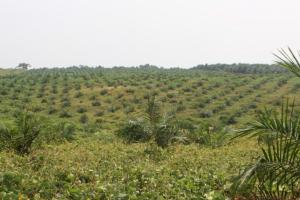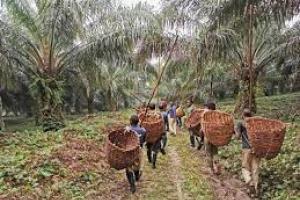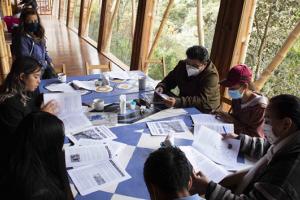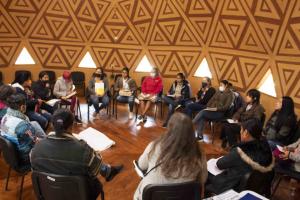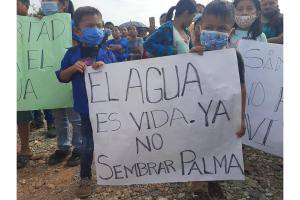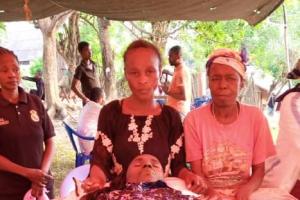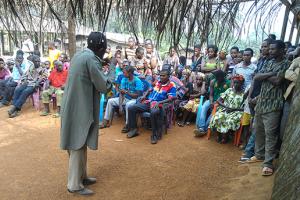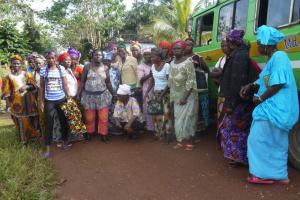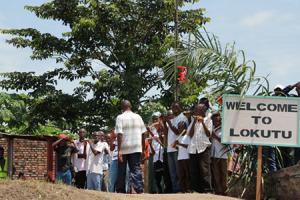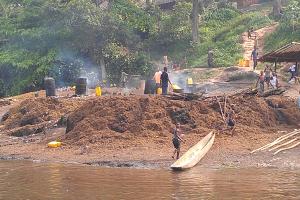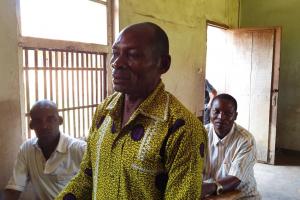Struggles Against Tree Monocultures
Corporate profit drives land grabs to install industrial tree monocultures. Where industrial plantations take root, communities' territories and lives are violently invaded, their forests destroyed and their water polluted. When communities resist, companies tend to respond with aggression. Despite this extreme violence, communities around the world are resisting, organizing and joining forces to defend their territories. Every September 21 the International Day of Struggle against Monoculture Tree Plantations is celebrated.
(Only available in French) Polices et militaires tirent à balles réelles sur des ouvriers de la Société FERONIA/PHC en grève à la plantation de Boteka.
One of the main causes of deforestation in Mesoamerica is the expansion of oil palm monoculture. An exchange of experiences brought together representatives from indigenous and peasant communities to coordinate their resistance.
Only available in Spanish.
The Palmas del Ixcán company has used multiple tactics to grab land, as well as a deceptive RSPO certification process and the use of “independent producers.” Despite criminalization of communities, their resistance grows ever stronger.
Available only in French.
A young man was killed and other people are still in prison. It was after a protest against the failure of the PHC company to provide local communities with any benefits after 100 years of illegally occupying their land.
Communities in West and Central Africa are facing the impacts of industrial oil palm plantations. With the false promise of bringing ‘development’, corporations, backed up with government support, have been granted millions of hectares of land for this expansion.
European development banks have financed a plantation company in DRC that is built on injustice and violence dating back to a colonial-era land grab. When the company went bankrupt in 2020, the banks chose to uphold the plantation model.
More than 100 years ago, lands were stolen from communities in DR Congo for industrial oil palm production. Since 2009, those lands are under control of the company FERONIA.
Community leaders and traditional chiefs in areas affected by the plantations of Canadian company PHC-Feronia in the Democratic Republic of Congo (DRC) continue to suffer all kinds of massive human rights violations.
